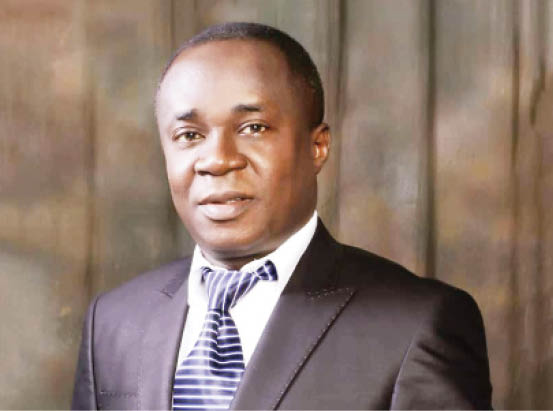BUSINESS
Yuan adoption: Uwaleke urges NASS to trust CBN on naira policy

An economist, Prof. Uche Uwaleke has urged the National Assembly to allow the Central Bank of Nigeria (CBN) to determine the most suitable exchange rate management strategy for Nigeria.
Uwaleke, who is the President, Capital Market Academics of Nigeria, gave the advice in an interview with our reporter on Friday in Lagos.
He spoke on the background of calls by a member of the House of Representatives for ‘Adoption of the Chinese Yuan’ as an official foreign exchange reserve currency, alongside other major international currencies, to mitigate the impact of Naira’s depreciation.
Recall that the house on Dec. 20, called for the adoption of the Chinese Yuan as an official foreign exchange reserve currency alongside other internationally recognised currencies to protect the naira from further depreciation.
The house resolution was sequel to the adoption of a motion moved by Rep. Jafaru Leko (APC-Gombe).
Moving the motion, Leko noted that the Nigerian economy was experiencing substantial shifts in the value of the naira, thus, triggering economic instability and uncertainty.
The lawmaker also stated that the International Monetary Fund proposed diversification of foreign exchange reserves for central banks of developing countries, including Nigeria.
Uwaleke urged the lawmakers to prioritise the apex bank’s expertise in making final decision on exchange rate management, adding that it was its primary responsibility.
“No doubt, members of the house of representatives mean well since they are concerned about the persistent depreciation of the naira.
“However, it goes without saying that when it comes to exchange rate management, the CBN is in the best position to determine what is most appropriate for Nigeria,” he said.
Uwaleke believed the proposed exchange rate management strategy did not adequately address the issue of high dollar demand and was, therefore, unlikely to be effective.
“I think the proposition is unrealistic, given the fact that the demand for dollars especially for invisible transactions, is dominant.
“Moreover, the bulk of Nigeria’s external reserves is in US dollars,” he said.




 Davido's Net Worth & Lifestyle
Davido's Net Worth & Lifestyle 
